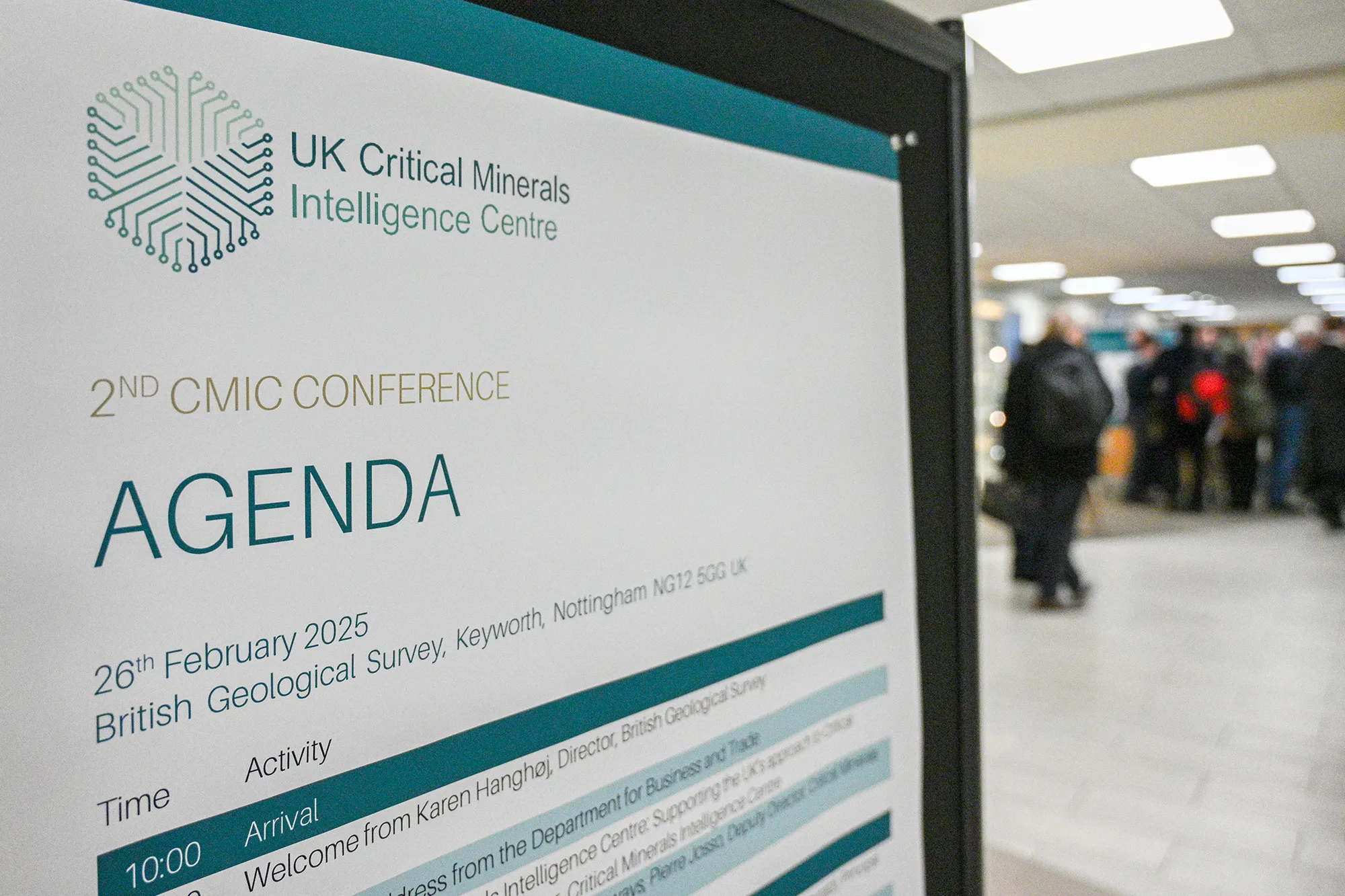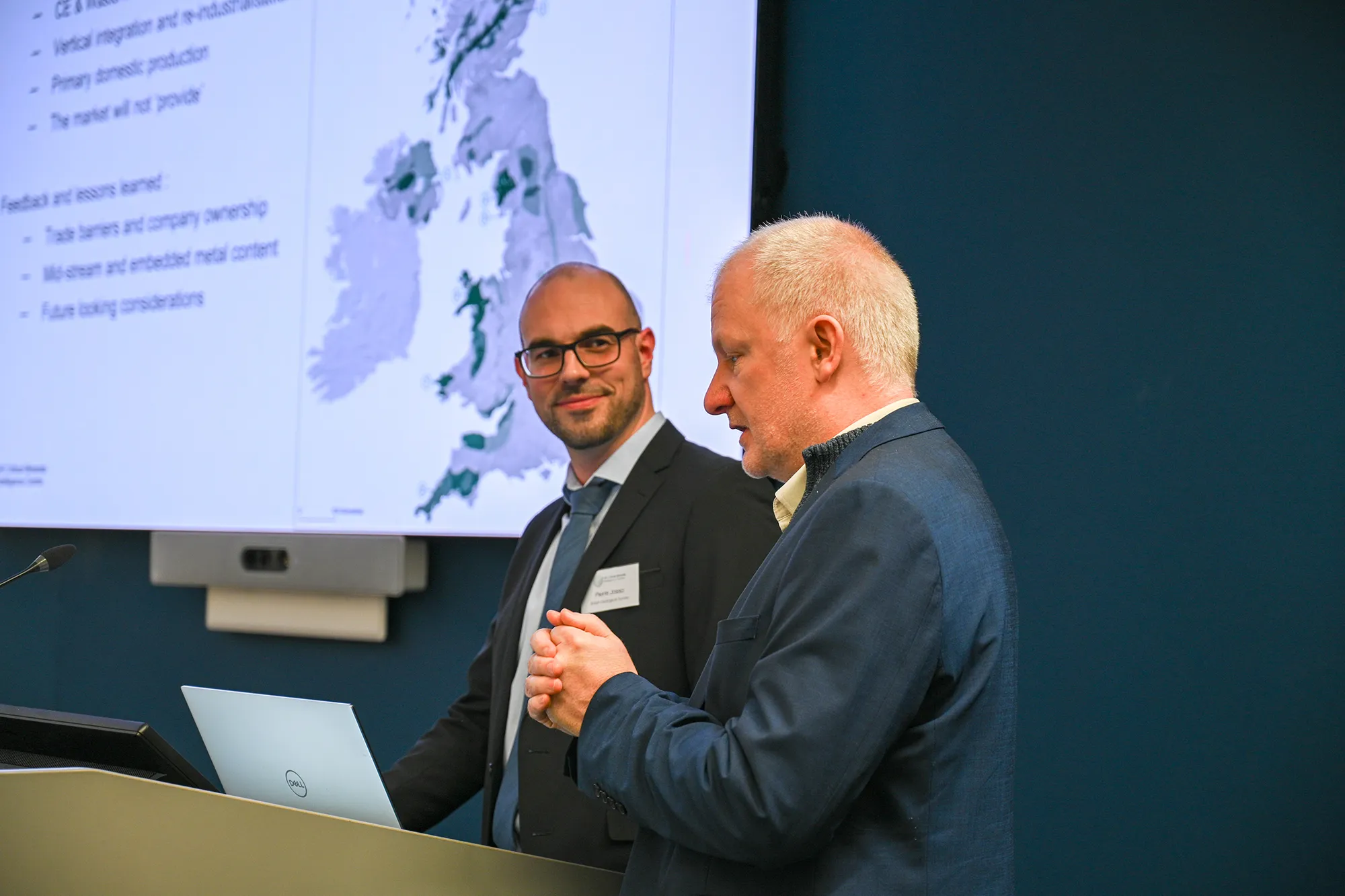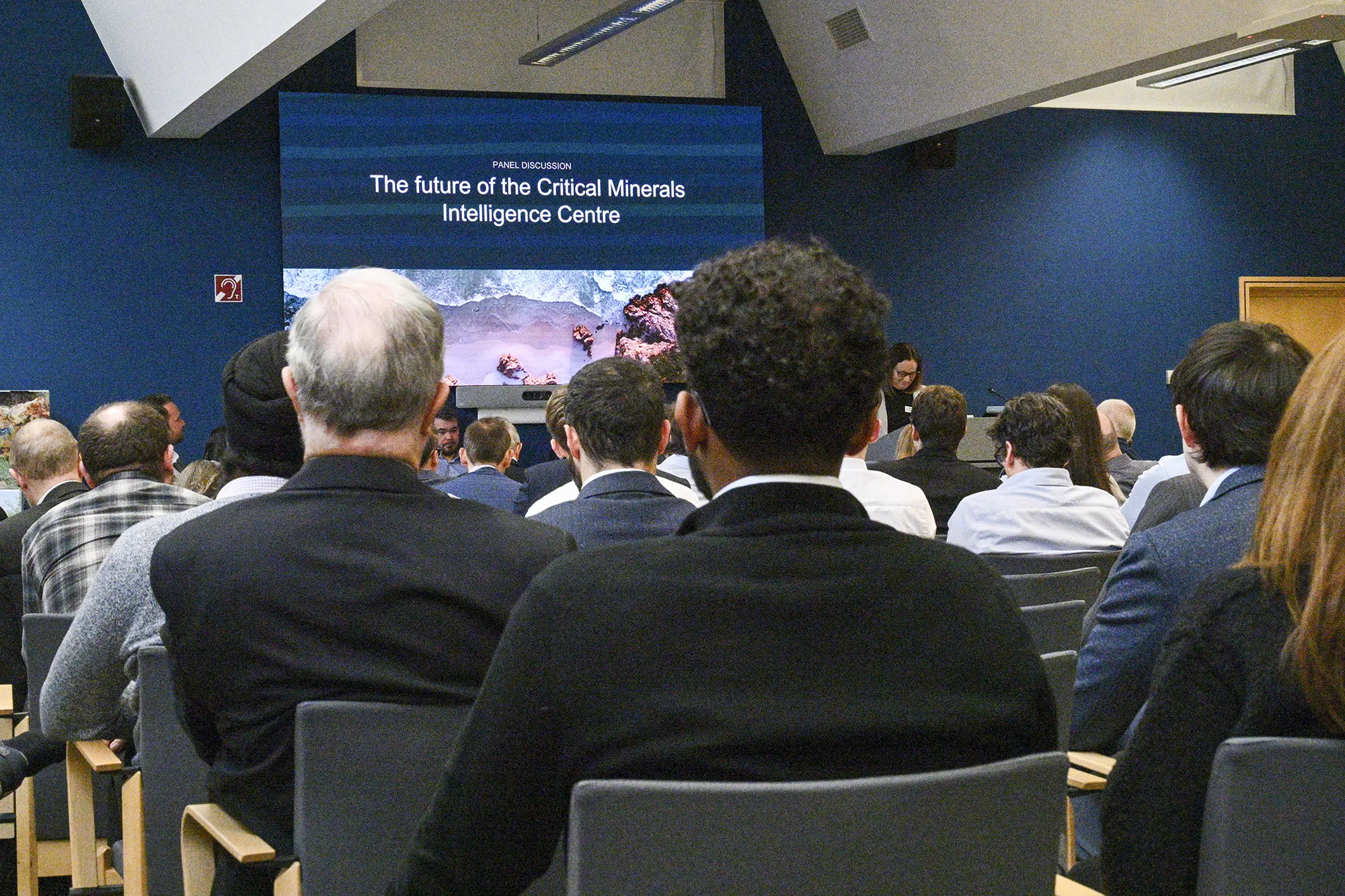Critical Mineral Intelligence Centre hosts second conference
The Critical Minerals Intelligence Centre conference took place at BGS’s headquarters in Keyworth, Nottinghamshire.
28/02/2025 By BGS Press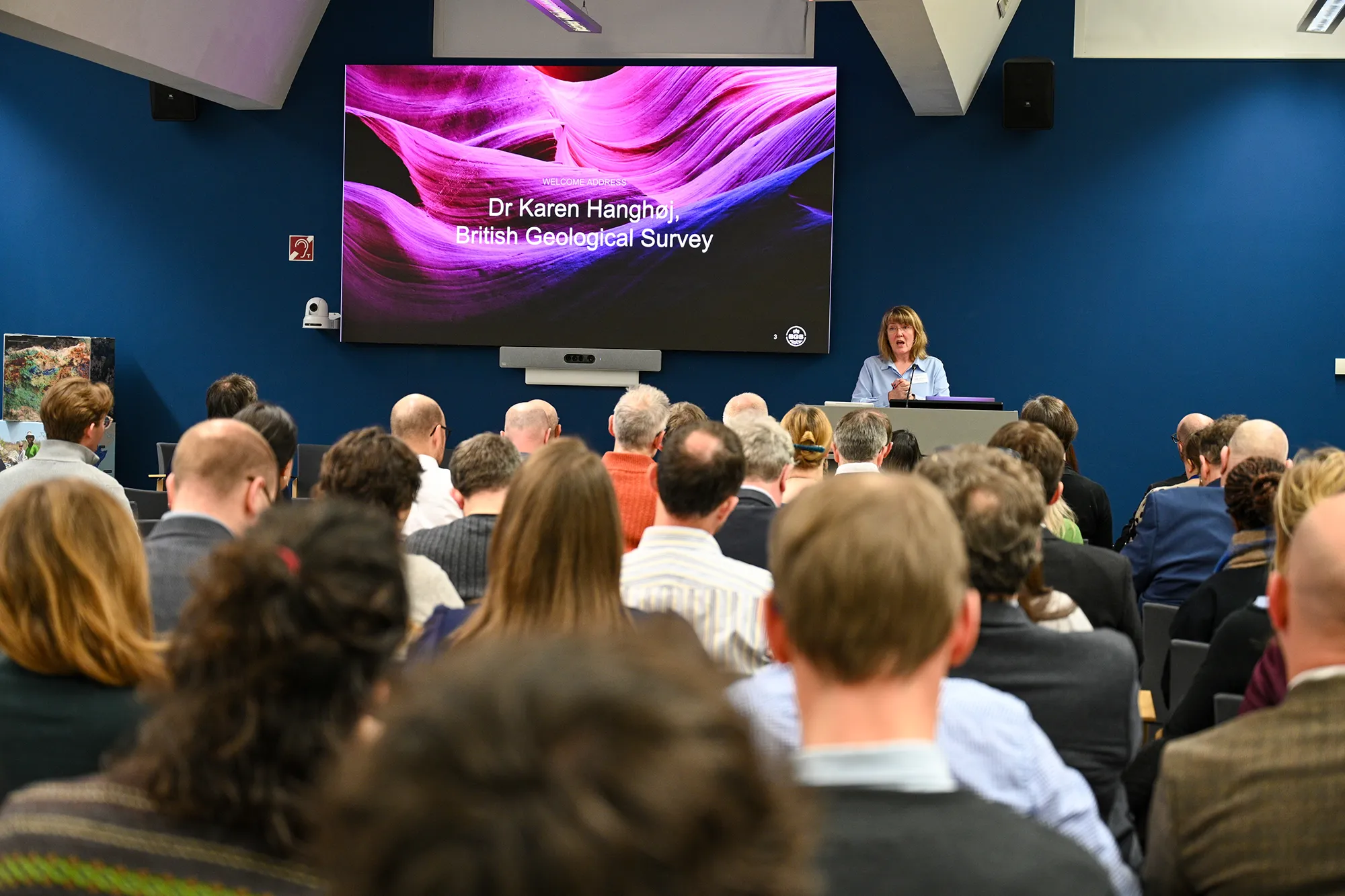
Hosted by BGS and supported by the Department for Business & Trade (DBT), the UK Critical Minerals Intelligence Centre (CMIC) delivers authoritative, impartial and independent, up-to-date data, information and analysis about critical minerals for the UK’s economy.
CMIC’s second conference, which took place on Wednesday 26 February 2025, showcased and provided the opportunity to discuss the research and analysis that CMIC has delivered. The 2025 UK Criticality Assessment was one of the main topics of the event. The report builds on robust, CMIC-developed methodology and was released at the end of 2024. Thirty-four minerals are classified as critical, providing foundations for future UK policy and investment, as well as for foresight studies highlighting vulnerabilities in the supply chains of minerals critical to the growth of decarbonisation technologies in the UK to 2050.
Dr Karen Hanghøj, BGS Director, opened the conference by providing an overview of current supply risks for critical minerals and the role BGS and its wider minerals research can play.
The supply of minerals is essential to our economy and society and security of supply has never been more important. The work of CMIC and the wider BGS is important in addressing many of the challenges that we currently face. Through our role hosting CMIC, we continue to build on and expand our legacy expertise and provide impartial knowledge, data and research to Government and industry.
Dr Karen Hanghøj, BGS Director.
Sarah Jones MP, Minister of State for Industry at DBT, then provided a virtual address, acknowledging the substantial increase in the supply of critical minerals required to meet the growing demand.
This second CMIC conference is a great opportunity to reflect on the research released since the first conference in 2023. Both criticality assessments and foresight studies play important roles in understanding supply risk and in advising industry and Government. We understand which minerals are critical and, looking ahead, evaluate to what extent the UK can meet the demand needed for economic growth, decarbonisation and national security.
Dr Gavin Mudd, CMIC Director.
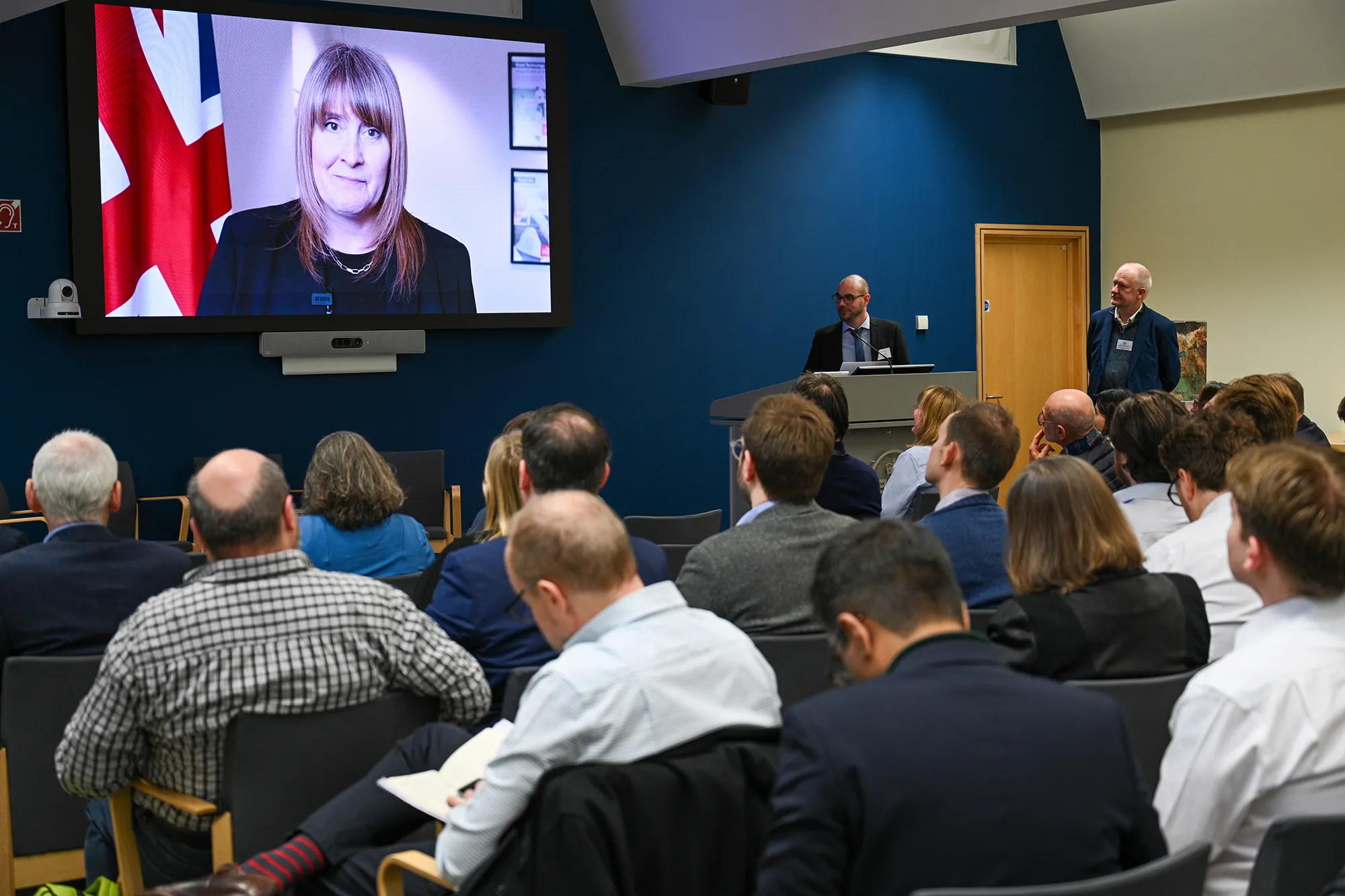
Sarah Jones MP, Minister of State for Industry at DBT, providing a virtual address at the CMIC conference. BGS © UKRI.
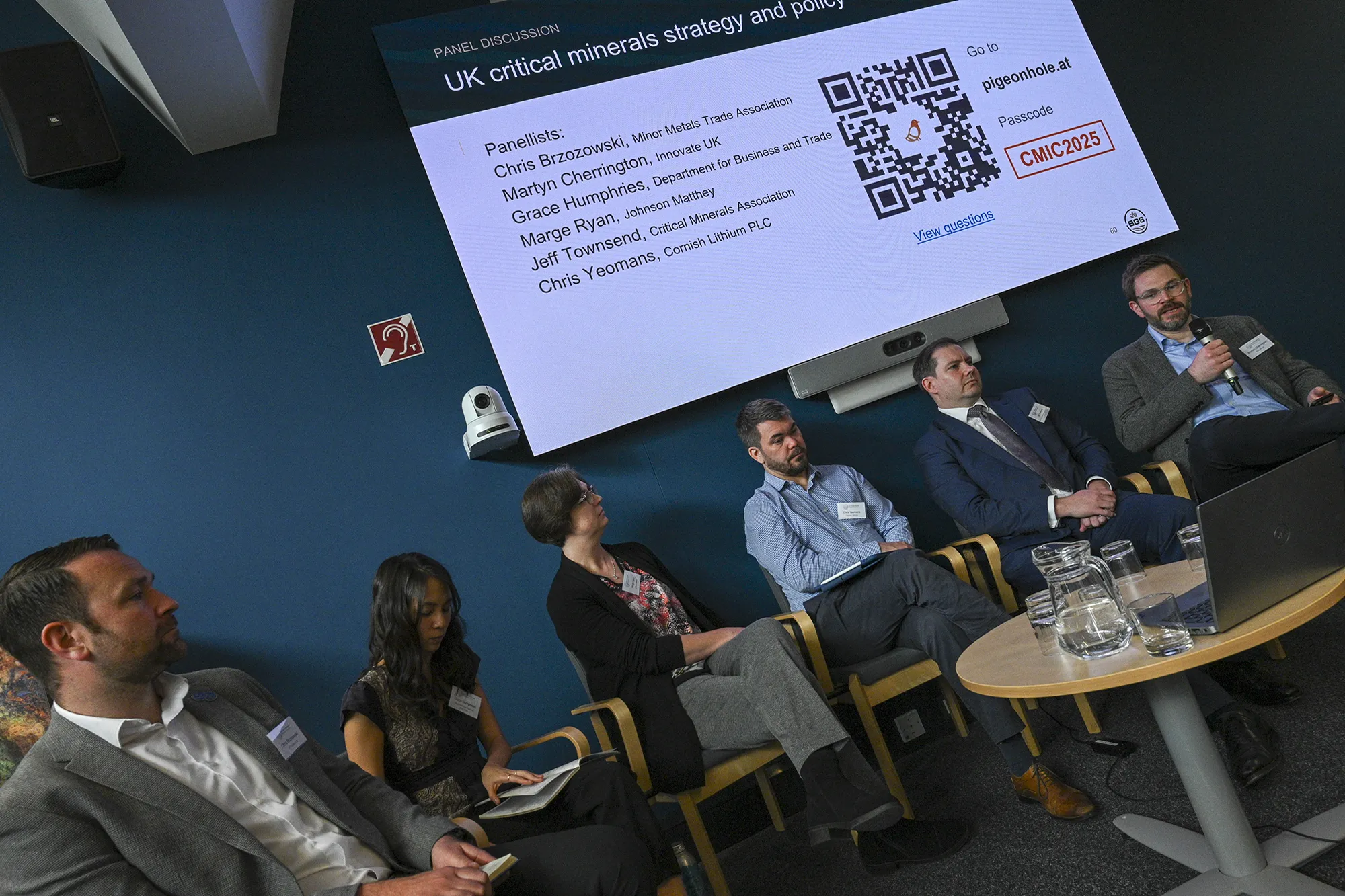
Panel discussion at the CMIC conference about the UK critical minerals strategy and policy. BGS © UKRI.
Dr Pierre Josso, deputy director at CMIC, presented key findings from the UK 2024 criticality assessment. Dr Evi Petavratzi, senior mineral commodity expert at BGS, looked ahead to the UK’s future as she spoke about the outcomes of the CMIC foresight studies. The foresight studies estimate which materials will be required by decarbonisation technologies to meet the UK’s net zero goals and highlight the challenges faced in meeting demand. An expert panel discussion around foresight studies capped the morning agenda.
In the afternoon there were two expert panels: the first discussed the UK critical minerals strategy and policy, whilst the second discussed the future of CMIC. Simon Thompson, BGS Board member, then brought the conference to a close, reinforcing the great value that CMIC’s research work brings to the UK Government and policymaking around critical minerals.
The UK Critical Minerals Intelligence Centre (CMIC) supports the UK in securing adequate, timely and sustainable supplies of the minerals and metals it requires to transition its economy in the coming decades to net zero emissions.
Led by BGS with support from the Department for Business & Trade (DBT), we work together with universities and private and public sector partners to gather and analyse intelligence on the supply and demand of critical minerals, their global value chains and use by UK industry. Our aim is to guide decision making by Government and industry to mitigate risks to supply security, helping to deliver economic prosperity and create opportunities for UK businesses in critical mineral supply chains, domestically and internationally.
The Department for Business & Trade (DBT) unifies what was the Department for International Trade and the business-facing parts of what was the Department for Business, Energy & Industrial Strategy (BEIS).
It brings sector, market and regulation experts together with world-class trade negotiators and business-support teams across the UK and overseas. This is to make the UK the best place to start and grow a company, helping create the business growth that contributes to better jobs and higher wages and living standards.
Relative topics
Related news

Can sandstones under the North Sea unlock the UK’s carbon storage potential?
02/02/2026
For the UK to reach its ambitious target of storing 170 million tonnes of carbon dioxide per year by 2050, it will need to look beyond the current well-studied geographical areas.

Quaternary UK offshore data digitised for the first time
21/01/2026
The offshore wind industry will be boosted by the digitisation of a dataset showing the Quaternary geology at the seabed and the UK’s shallow subsurface.

Suite of ten new soil reference materials released
02/01/2026
BGS has a longstanding track record of producing high-quality reference materials and has released ten new soil reference materials.

Perth and Kinross tops the UK’s earthquake activity charts for 2025
29/12/2025
Seismologists at BGS have published data on the number of seismic events over the past 12 months with over 300 earthquakes recorded.

BGS awarded funding to support Malaysia’s climate resilience plan
17/12/2025
The project, funded by the Foreign, Commonwealth & Development Office, will focus on minimising economic and social impacts from rainfall-induced landslides.
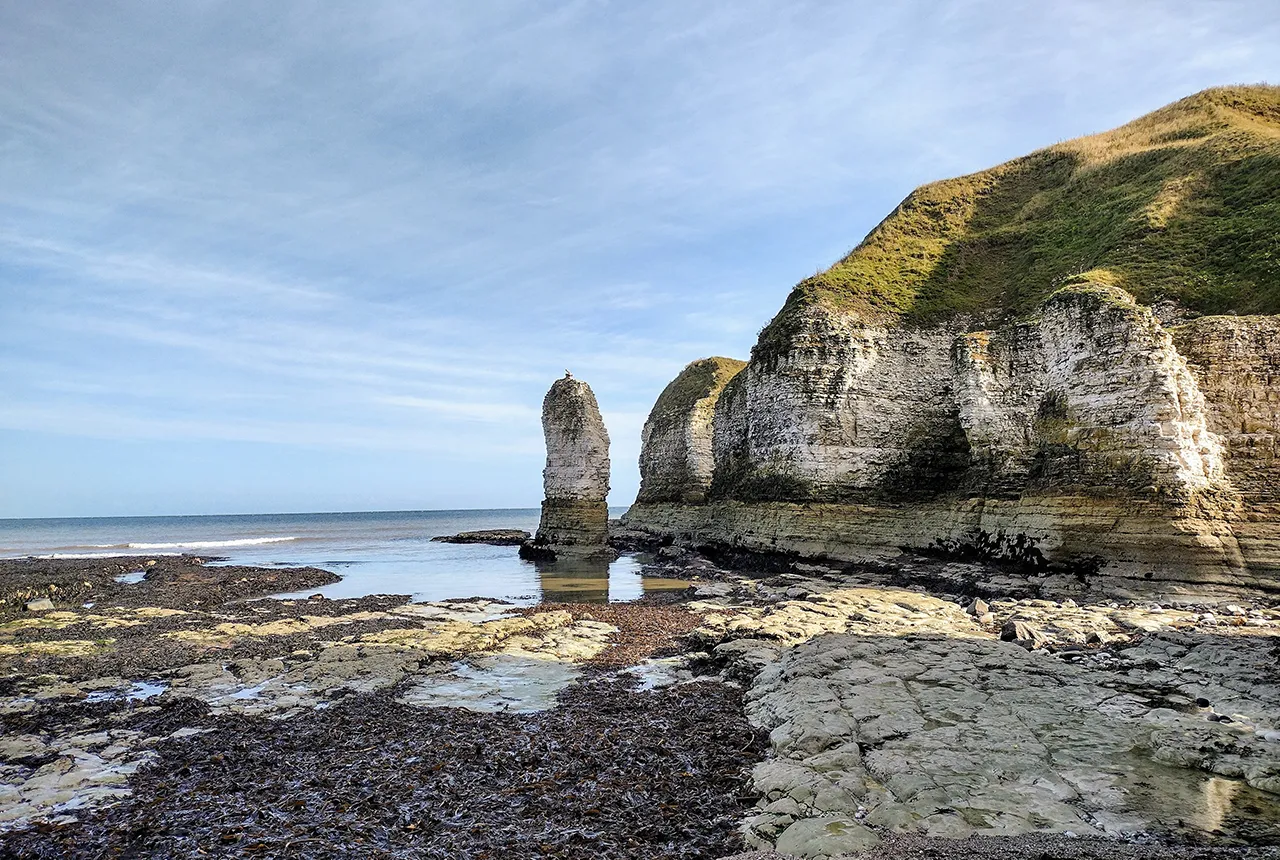
New geological maps of the Yorkshire Wolds to better inform groundwater management and policy decisions
17/12/2025
The new mapping provides crucial data on localised geological issues that may assist in protecting water supplies.
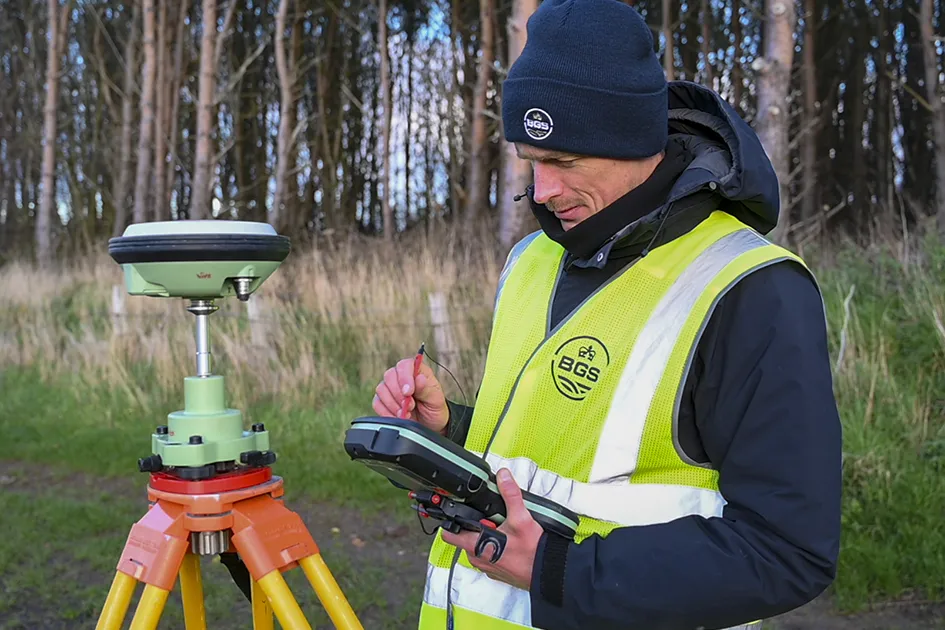
‘Three norths’ set to leave England and not return for hundreds of years
12/12/2025
The historic alignment of true, magnetic, and grid north is set to leave England, three years after they combined in the country for the first time since records began.
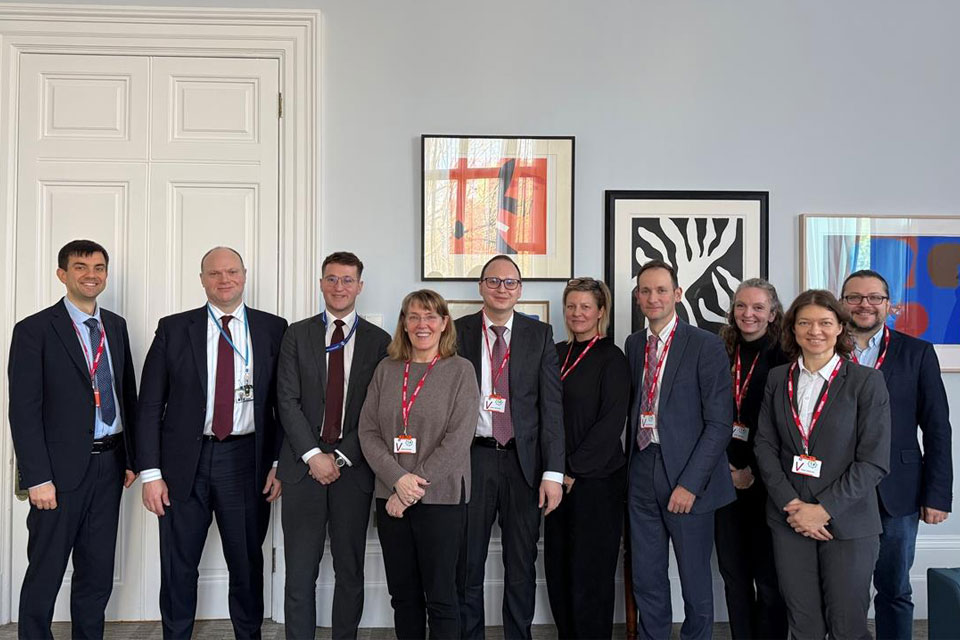
BGS agrees to establish collaboration framework with Ukrainian government
11/12/2025
The partnership will focus on joint research and data exchange opportunities with Ukrainian colleagues.

Making research matter: BGS joins leading research organisations in new national initiative
10/12/2025
A new alliance of 35 organisations has been formed that is dedicated to advancing science for the benefit of people, communities, the economy and national priorities.

New 3D model to help mitigate groundwater flooding
08/12/2025
BGS has released a 3D geological model of Gateshead to enhance understanding of groundwater and improve the response to flooding.
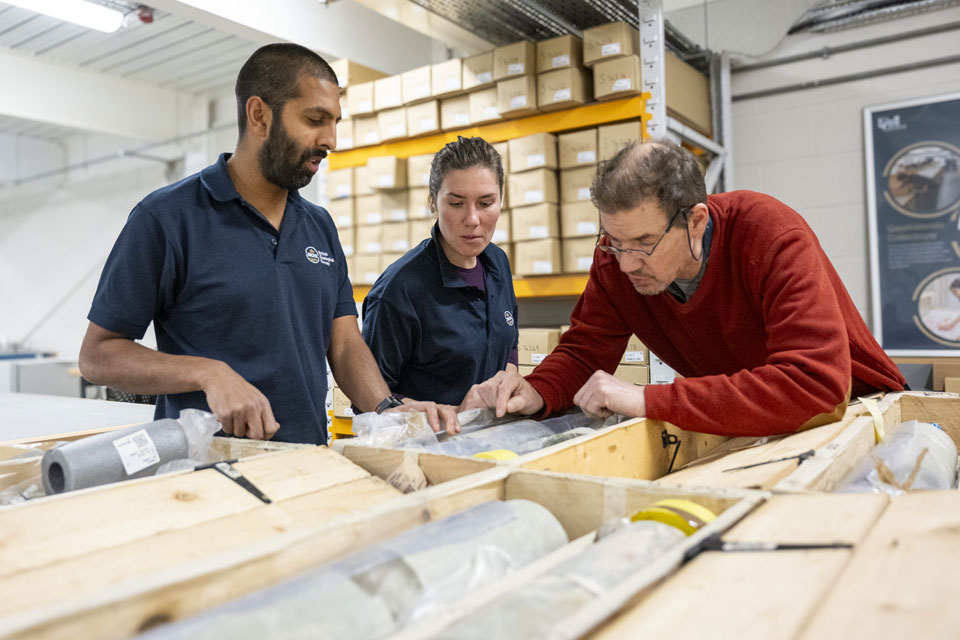
Scientists gain access to ‘once in a lifetime’ core from Great Glen Fault
01/12/2025
The geological core provides a cross-section through the UK’s largest fault zone, offering a rare insight into the formation of the Scottish Highlands.
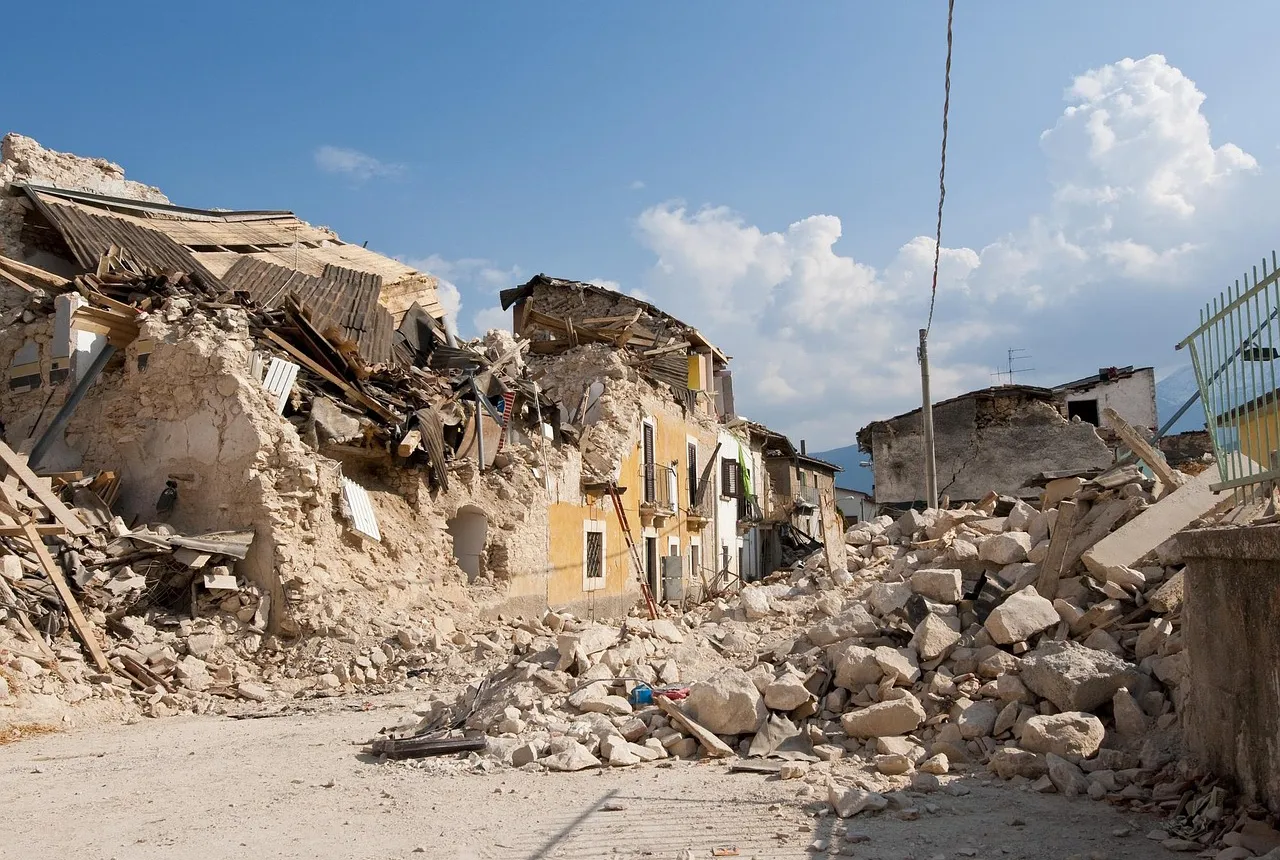
New research shows artificial intelligence earthquake tools forecast aftershock risk in seconds
25/11/2025
Researchers from BGS and the universities of Edinburgh and Padua created the forecasting tools, which were trained on real earthquakes around the world.





